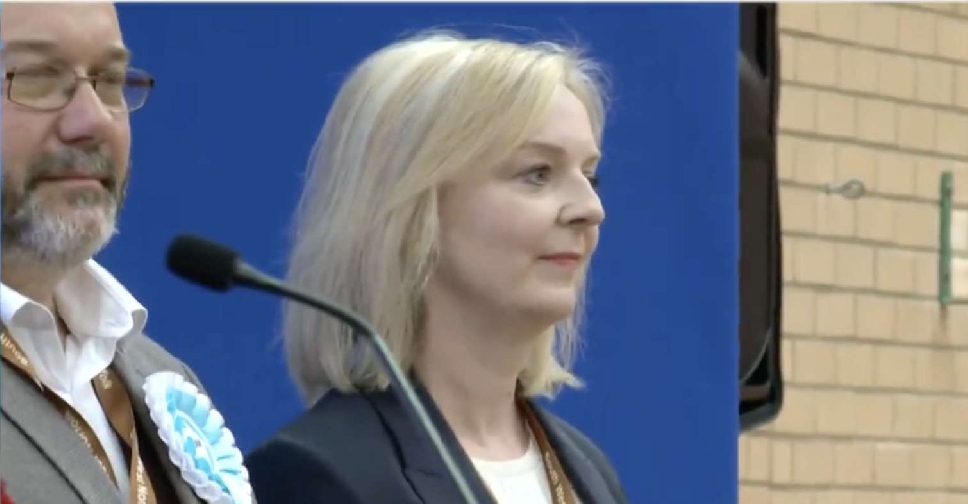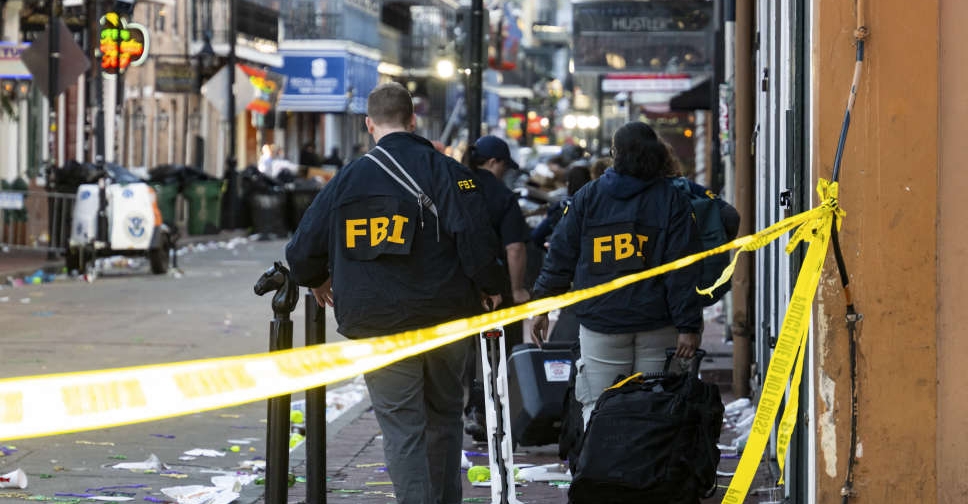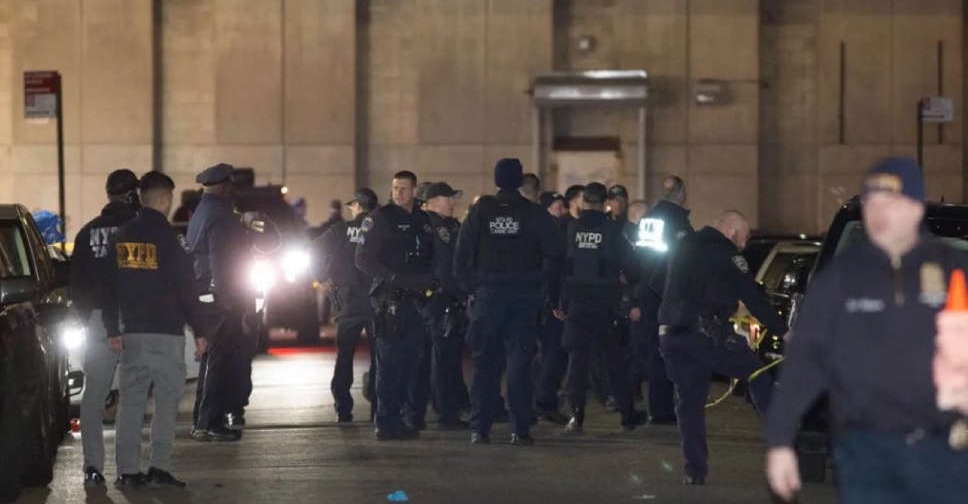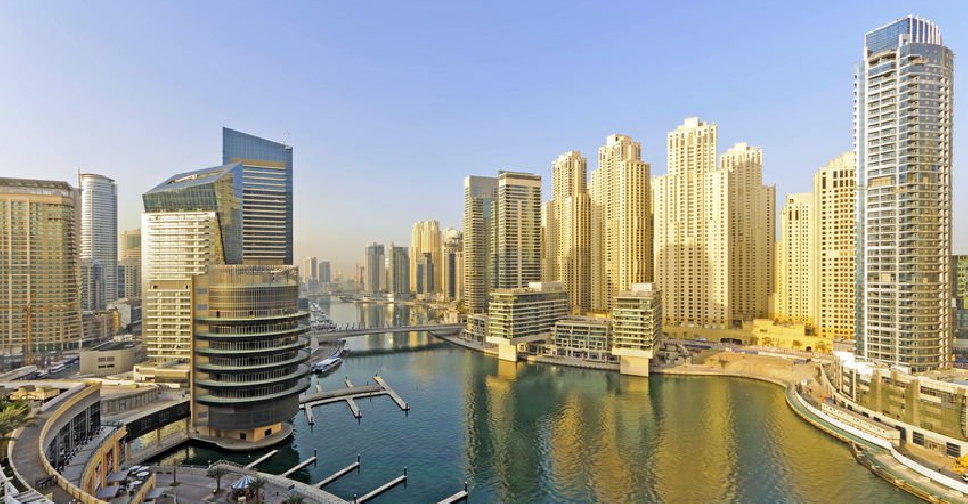
Former British prime minister Liz Truss, who became the country's shortest-serving leader ever when she sparked a bond market meltdown and a collapse in sterling, lost her parliamentary seat in the election. Meanwhile, Nigel Farage is elected to parliament.
Truss secured 11,217 votes in her South West Norfolk constituency in eastern England, behind 11,847 votes for Labour candidate Terry Jermy.
Taking over from the scandal-ridden premiership of Boris Johnson, Truss, 48, was forced to announce her resignation after just 44 days when her unfunded tax cuts sparked financial market turmoil, raising the cost of mortgages for homeowners already in the middle of a cost-of-living crisis.
Lampooned in the media - one tabloid newspaper asked in the dying days of her premiership whether she would last longer than a supermarket lettuce - Truss had become synonymous for many voters with the chaos and failures of Conservative government.
She has, however, remained an influential voice among right-wing lawmakers in the party.
The General Election also saw Nigel Farage elected to parliament, marking the emergence of his populists Reform UK as a new force in British politics squeezing the Conservative vote from the right wing.
Farage, a driving force behind Britain's decision to leave the European Union, only entered the race last month, a move that caused shockwaves in a Conservative Party that was already far adrift of centre-left Labour.
He was elected in Clacton, an Essex town that had one of highest leave votes in the Brexit referendum in 2016, with a 46 percent share of the vote, beating the Conservatives.
Keir Starmer will be elected as next UK prime minister with his centre left Labour Party expected to win a huge majority in a parliamentary election, ending 14 years of often tumultuous Conservative government by trouncing Rishi Sunak's party.
 Police probe motive in New Orleans truck rampage
Police probe motive in New Orleans truck rampage
 Israeli airstrike kills at least 10 in southern Gaza
Israeli airstrike kills at least 10 in southern Gaza
 10 people injured in New York City shooting incident
10 people injured in New York City shooting incident
 South Korea police raid Jeju Air, airport over fatal crash
South Korea police raid Jeju Air, airport over fatal crash
 Syrian delegation arrives in Saudi Arabia in first official visit
Syrian delegation arrives in Saudi Arabia in first official visit




